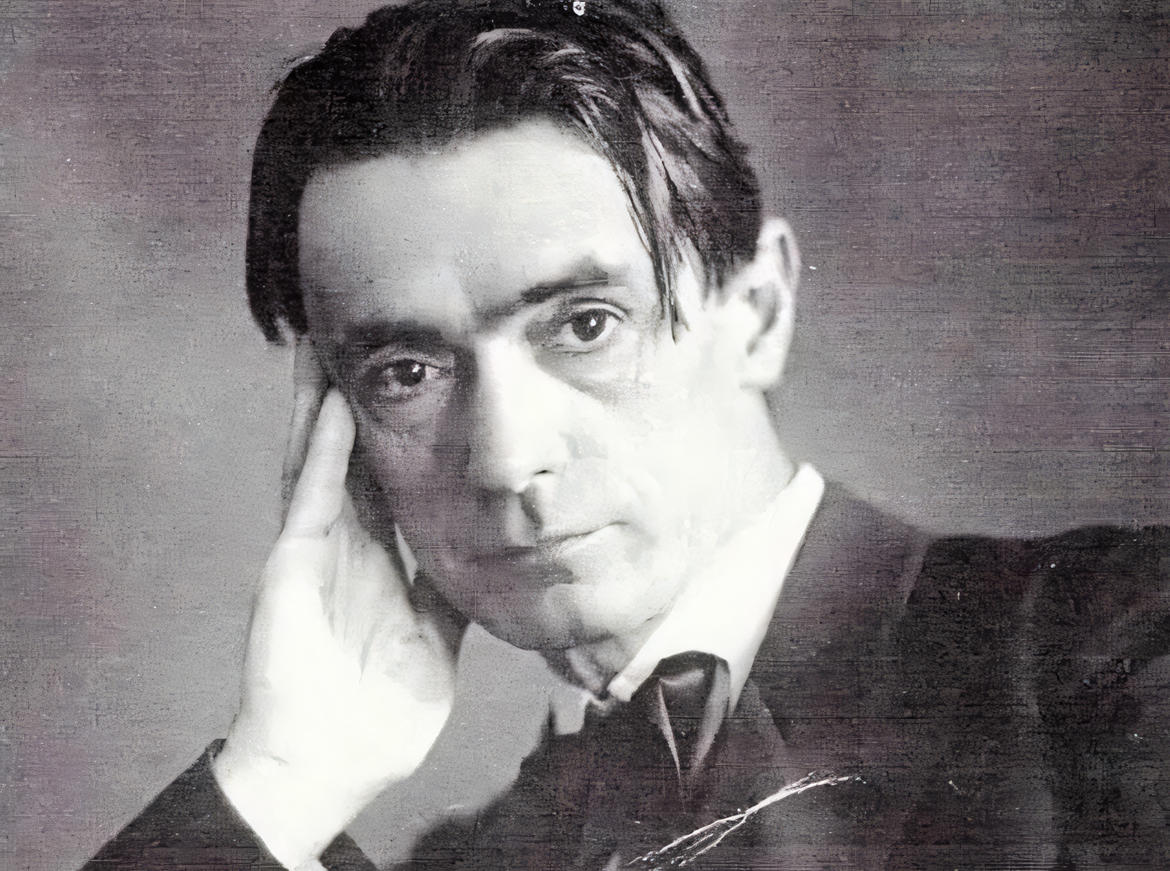In the realm of historical figures known for their profound and often controversial insights, Rudolf Steiner stands out. Born in 1861, Steiner was an Austrian philosopher, social reformer, and esotericist. He founded the spiritual movement known as Anthroposophy, which sought to bridge the gap between the spiritual and material worlds. Throughout his life, Steiner made many predictions, but one in particular has garnered significant attention: his foresight in 1917 of a future vaccine that would “drive all inclination toward spirituality out of people’s souls.”
The Context of Steiner’s Prediction
To understand Steiner’s prediction, it’s essential to delve into the context of his times and the foundational beliefs of Anthroposophy. During the early 20th century, the world was experiencing rapid changes. The Industrial Revolution had transformed societies, bringing about unprecedented technological advancements. While these changes improved many aspects of life, they also led to a growing sense of disconnection from nature and spirituality.
Steiner believed that human beings possess a dual nature: the physical body and the spiritual soul. He argued that true human development could only occur when both aspects were nurtured. Steiner was concerned that the increasing focus on materialism and science would lead to a neglect of the spiritual aspect of humanity. It was within this framework that he made his prediction about a future vaccine.
The Vaccine Prophecy
In 1917, Steiner spoke about a time when scientific advancements would lead to the creation of a vaccine that would sever the spiritual connection in humans. According to Steiner, this vaccine would be administered to children at an early age, effectively shutting down their innate spiritual awareness and intuition. He believed that such a development would be part of a broader agenda to create a purely materialistic society, devoid of spiritual insight.
Steiner’s followers and those who have studied his works have often interpreted this prophecy as a warning. They argue that the vaccine represents a larger trend towards a mechanistic and materialistic worldview, where spiritual experiences and beliefs are marginalized or dismissed entirely.
Modern Interpretations and Debates
In today’s world, where vaccines are a central part of public health, Steiner’s prediction is often brought up in discussions about the role of science and medicine in society. Some people interpret his words as a metaphor for the increasing control of scientific and technological institutions over individual lives. They see the prophecy as a cautionary tale about the dangers of losing touch with our spiritual selves in favor of technological advancement.
Others argue that Steiner’s prediction is a direct reference to the potential psychological and spiritual impacts of certain medical interventions. They believe that modern medicine, while beneficial in many ways, can sometimes contribute to a sense of disconnection from one’s inner self and the natural world.
The Spiritual Implications
One of the central themes in Steiner’s work is the importance of spiritual development. He believed that each person has the potential to reach higher levels of consciousness and understanding through spiritual practices such as meditation, reflection, and a deep connection with nature. Steiner argued that maintaining this spiritual awareness was crucial for the overall well-being of individuals and society as a whole.
According to Steiner’s followers, the predicted vaccine symbolizes a broader societal shift towards materialism, where spiritual values are overshadowed by scientific progress. They contend that such a shift could lead to a loss of meaning and purpose in life, as people become more focused on external achievements and less on inner growth.
The Role of Education
Steiner also emphasized the role of education in fostering spiritual development. He founded the Waldorf schools, which are based on his educational principles. These schools aim to educate the whole child, focusing not only on intellectual development but also on emotional and spiritual growth. In light of his 1917 prediction, Steiner’s educational philosophy can be seen as a response to the potential dangers he foresaw. By nurturing children’s spiritual and creative abilities, Waldorf education seeks to counterbalance the materialistic tendencies of modern society.
Reflections on Steiner’s Legacy
Rudolf Steiner’s prediction about a future vaccine continues to be a topic of interest and debate. Whether viewed as a literal prophecy or a metaphorical warning, it raises important questions about the balance between scientific progress and spiritual well-being. In an age where technology and medicine play such a dominant role in our lives, Steiner’s insights remind us of the need to nurture our spiritual selves.
His legacy, especially through the Anthroposophical movement and Waldorf education, highlights the ongoing relevance of his ideas. Steiner’s work encourages us to seek a harmonious integration of science and spirituality, ensuring that neither aspect of our nature is neglected.
Conclusion
As we reflect on Rudolf Steiner’s 1917 prediction, it’s clear that his concerns about the impact of materialism and technological advancement on spiritual development are still pertinent today. While science and medicine have brought about remarkable improvements in our quality of life, Steiner’s vision serves as a reminder of the importance of maintaining a connection to our spiritual roots. By balancing the material and spiritual aspects of our existence, we can strive for a more holistic and fulfilling human experience.
